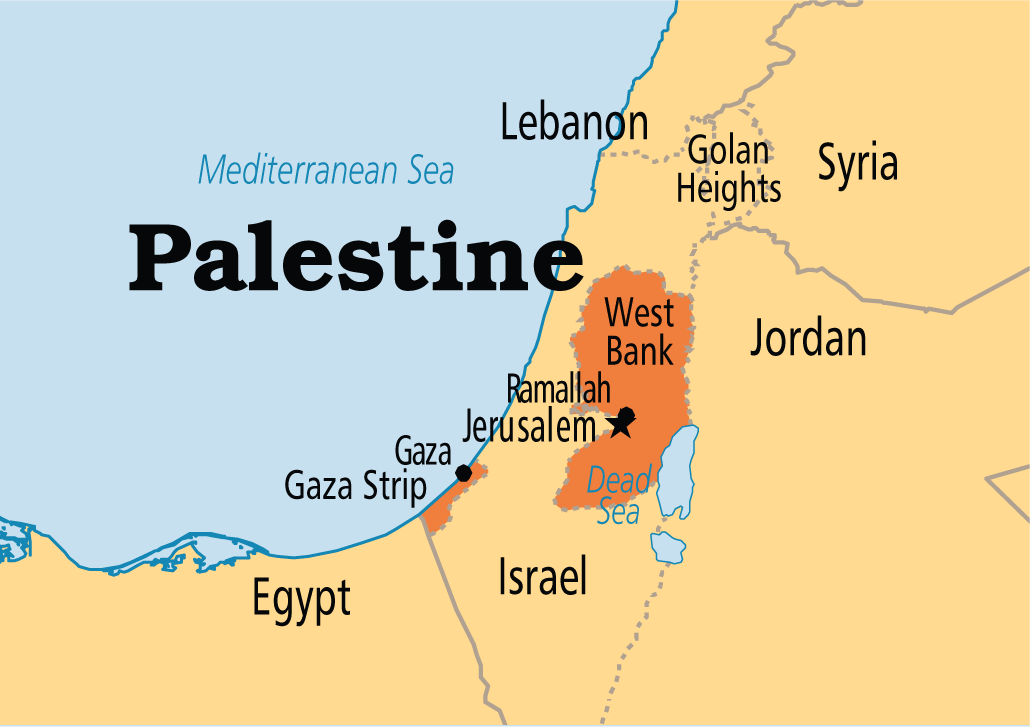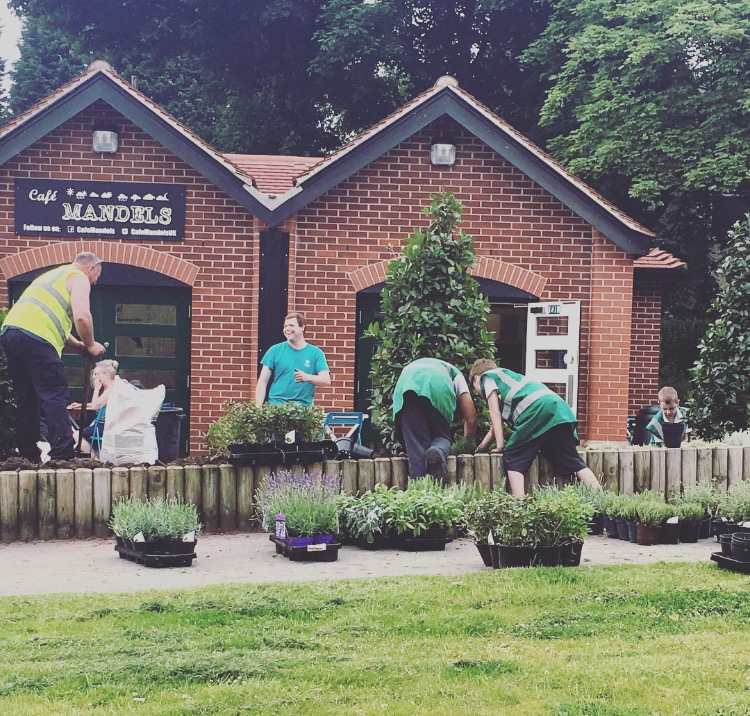At the next full meeting of Oldham Council (Wednesday 12 December), the Liberal Democrats will be proposing a motion calling on the Conservative Government to restore disastrous cuts made to public health.
The motion will be proposed by Councillor Chris Gloster and seconded by Councillor Garth Harkness.
In the 2015 Budget, the Chancellor announced a £200 million in-year cut to the Public Health Grant, followed by a further real-terms cut averaging 3.9% each year (until 2020/21) in the 2015 Spending Review.
These cuts are having a significant impact on public health services and functions. By way of example, research conducted by Action on Smoking and Health and Cancer Research UK shows that, following reductions to the Public Health Grant in 2015, 2016, and 2017, stop smoking services were cut in 39%, 59% and 50% of local authorities respectively year-on-year. Now, 4 in 10 local authorities are not able to offer a stop smoking service for all smokers in their area.
Commenting Councillor Gloster said: “Oldham is a borough with a high incidence of poor health. Many of our residents suffer from long-term health conditions and many others are at risk of developing such diseases as cardiovascular disease, liver disease, diabetes, CPD and cancer, often because of a poor diet or poor life style choices. Taking funds away from prevention services that prevent ill health is a false economy. Smoking, obesity and alcohol account for 80,000, 30,000 and 7,000 early deaths each year respectively; and smoking remains the single biggest cause of preventable cancer.”
The Liberal Democrats want to see increased and sustained Government funding for public health to address health inequalities in deprived boroughs like Oldham, but the present Government is instead proposing to cut existing funding and make Councils rely on business rates
Councillor Gloster added: “The Government is looking to phase out the Public Health Grant by 2020/21 and to replace this with funding via business rates retention. This might work in a local authority area with low rates of long-term ill-health and a very vibrant local economy, but in an economically-deprived borough like Oldham it is unlikely to stack up and this will mean that poorly people will suffer as they will no longer have access to the vital health services that they need. We want to see Oldham Council support the Cancer Research UK campaign for the Public Health Grant to be restored.”
Sustainable Public Health Funding
Council notes that:
- Around four in ten cancers are preventable, largely through avoidable risk factors, such as stopping smoking, keeping a healthy weight and cutting back on alcohol.
Smoking accounts for 80,000 early deaths every year and remains the largest preventable cause of cancer in the world. Additionally, obesity and alcohol account for 30,000 and 7,000 early deaths each year respectively. All three increase the risk of: cancer, diabetes, lung and heart conditions, poor mental health and create a subsequent burden on health and social care.
- The public health grant funds vital services and functions largely delivered by local authorities to prevent ill health and reduce the burden placed upon the NHS and local authorities; for example, social care for smoking-related illnesses is estimated to cost local authorities £760 million per annum.
- In 2018/19 and 2019/20 every local authority will have less to spend on public health than the year before.
- The Government is looking to phase out the Public Health Grant by 2020/21 and to replace this with funding via business rates retention.
Council believes that:
- The impact of cuts to public health on our communities is becoming difficult to ignore.
- It is vital that local authorities have enough funding to deliver the functions and services they need to provide. Deprived areas, like Oldham, suffer the worst health outcomes, so it is also vital that areas with the greatest need receive sufficient funding to meet their local challenges.
- Taking funds away from prevention is a false economy. Without proper investment in public health services, people suffer, demand on local health services increases and the economy suffers. Poor public health costs local businesses heavily through sick days and lost productivity.
- We must restore public health funding or our health and care system will remain locked in a ‘treatment’ approach, which is neither economically viable nor protects the health of residents.
Council resolves to:
- Continue to support and fund public health initiatives to the best of our abilities – to prevent ill-health, reduce inequalities and support a health and social care system that is fit for the future.
- Ask the Chief Executive to write to:
- Cancer Research UK setting out this Council’s support for their call for increased and sustainable public health funding.
- The Secretary of State for Health calling on the Government to deliver increased investment in public health and to support a sustainable health and social care system by taking a ‘prevention first’ approach.
Proposed by Councillor Chris Gloster. Seconded by Councillor Garth Harkness.










